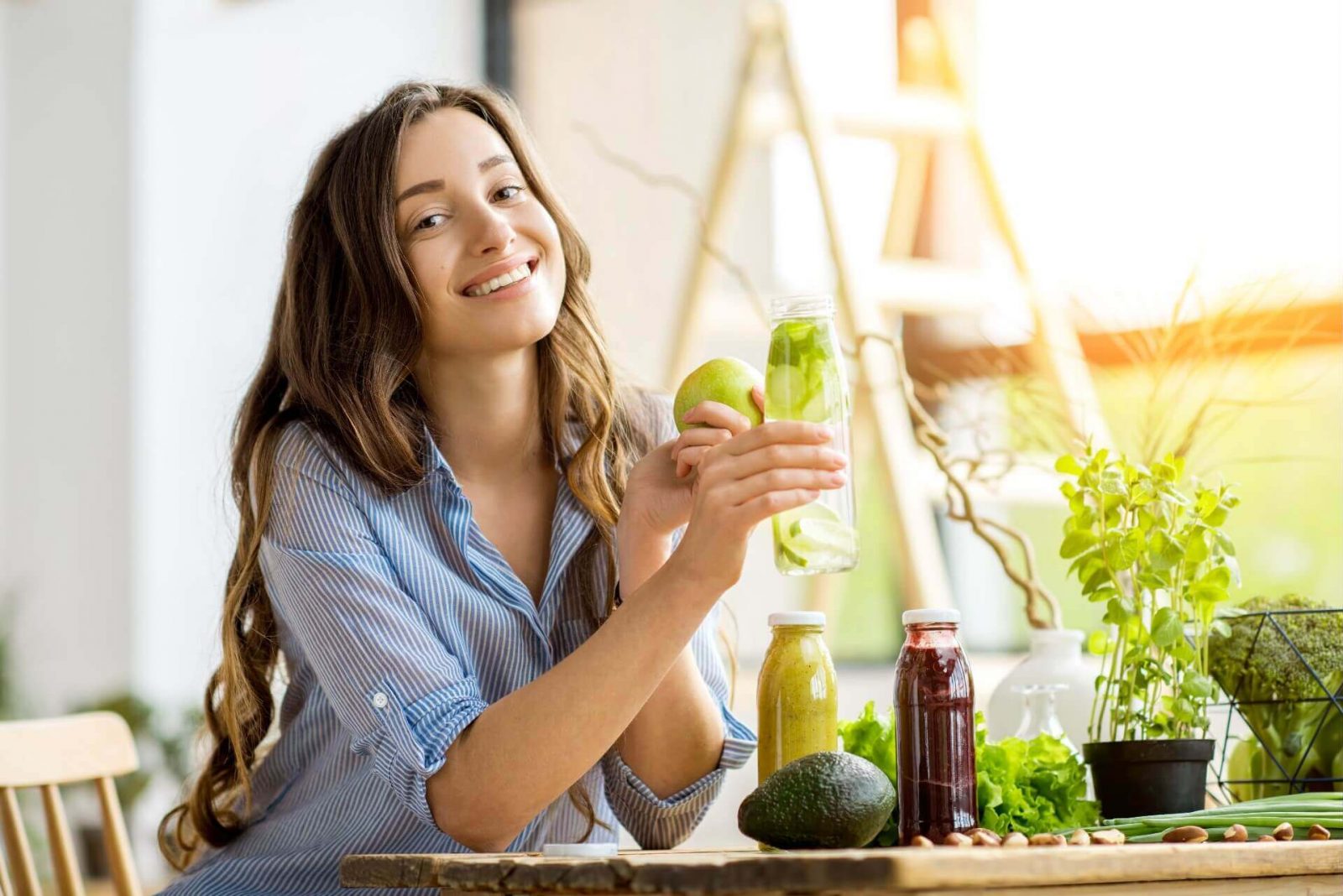More and more people are opting for a vegan diet these days. Some prefer to do so due to their concern for animal welfare, while others prefer to try something new. There are also people who choose to go vegan for religious purposes. There are many reasons why someone would want a plant-based diet, so if you’ve been thinking about doing that, feel free to do so even if you don’t have any particular reason. However, since this type of diet is quite different from traditional ones that include meat and animal products, here are some tips that will help you stay fit and energized while eating vegan food.
1. Keep your diet diverse
Idealizing a vegan diet and actually sticking to it are two different things. Many new vegans make the classic mistake: they eat too many of the same foods which aren’t great for health. Therefore, before you jump into a vegan diet, make sure to do thorough research in order to find all the relevant info. Also keep in mind that being vegan requires preparing your own food on a more regular basis, especially if you live in an area that doesn’t have many vegan restaurants and take-out options.
2. Vitamins and minerals matter the most
Since going vegan means making plants the star of your diet, it’s essential to learn about different vitamins, minerals, and other nutrients so you’ll be able to find them easier. Vitamin B12 is only found in animal-based food, so feel free to take supplements instead. The same goes for others, zinc, iodine, calcium, vitamin D and enzymes are not that easy to find in vegan foods which is why it’s helpful to get supplements at least at the beginning of your vegan journey because your body needs to be sustained when getting used to a new way of eating.
3. Don’t forget proteins
“But, if you’re vegan, then how do you eat your proteins?” — this is the question most vegans probably hate, and rightly so. Even though meat and eggs are the biggest sources of proteins, that doesn’t mean that you can’t find them elsewhere. Seitan, tempeh, beans, and tofu are all excellent plant-based sources of protein that every vegan swears by. Aside from that, peanut butter, quinoa, and chickpeas are also rich in protein which is why they’re so loved by both vegans and vegetarians. If this is still not enough proteins for you, then feel free to check out what are the benefits of pea protein, because there are so many types of peas that can keep you satisfy your daily protein requirement when combined well with other types of food.
4. Read food labels
A lot of supposedly vegan food contain hidden animal products, which means it’s essential to read labels before purchasing anything. This is especially important for highly processed food as they contain huge quantities of sodium, refined sugar, and unhealthy trans fats, so make sure to check labels so you’ll be able to spot such unfavorable ingredients.
5. Make a plan when socializing
Socializing with meat-eaters after going vegan doesn’t have to be difficult, however, it’s important to make a plan, especially when eating dinner. The great news is, many restaurants now have vegan options, so you won’t end up hungry. But, when attending formal events or visiting friends for dinner is different, so it’s essential to make sure that there will be vegan options. Bringing a vegan side-dish when attending someone’s dinner or eating beforehand will keep you satisfied, especially if you don’t feel like asking others to cook for you.
In conclusion, going vegan requires a lot of planning and preparation, so it’s important to learn and keep your diet as diverse as possible. It might take you some time to get used to it, but after a while, you’ll feel healthy, happy, and accomplished while eating a plant-based diet.

Leave a Reply